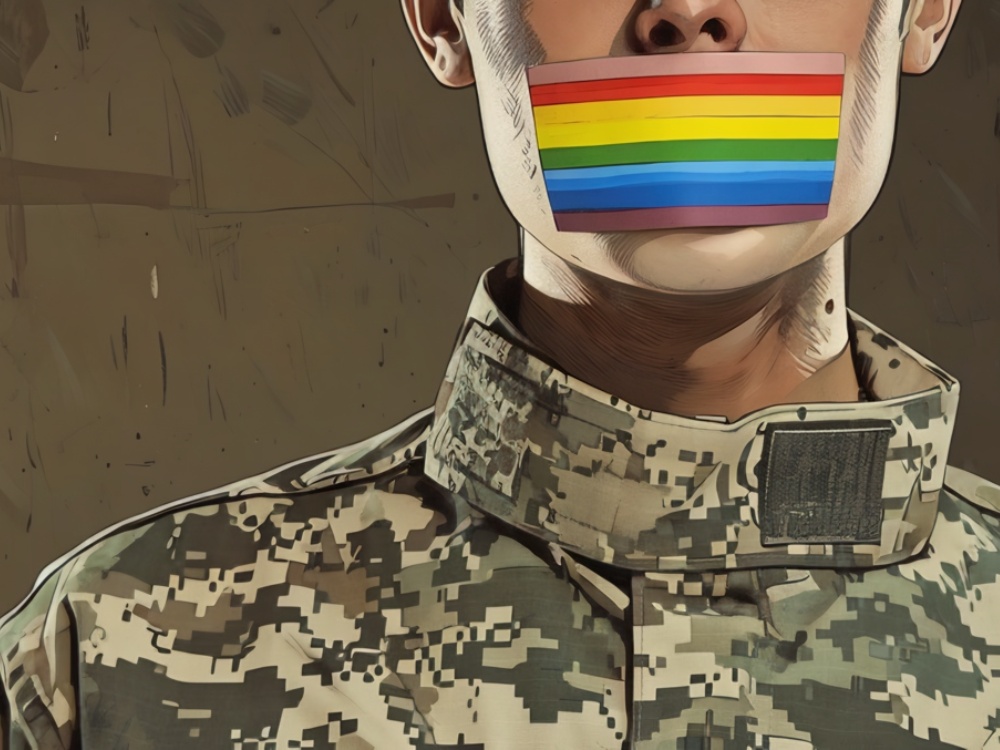The U.S. Air Force has become the first military branch to issue detailed instructions on how transgender service members will be involuntarily discharged under the Pentagon’s reinstated trans military ban.
According to an August 12 internal memo, hearings for trans Airmen and Guardians will resemble court trials, complete with opening statements, witness testimony, medical records, and documentary evidence. The single issue under review: whether the individual has a diagnosis, history, or symptoms of gender dysphoria.
If the board determines that the answer is yes, separation is mandatory. Unlike other separation hearings, service record, character, and merit cannot be considered. Troops will not be allowed to contest their discharge on the basis of performance, conduct, or commander endorsements.
“This isn’t a policy—it’s a shadow process,” said Sparta, a transgender military advocacy group. “It eliminates transparency, values identity over merit, and creates a separate set of rules that deny transgender troops equal treatment and due process.”
How the hearings work
The memo explains that boards will hear opening statements, review testimony, and examine evidence such as medical files, prior requests for waivers to comply with standards of the opposite sex, or changes to gender markers on documents. Panel members will then vote by secret ballot in private deliberations.
Sparta has condemned the system as discriminatory, stressing that the Air Force has “created a separate set of rules under the illusion that fairness still exists.”
Ban reinstated by Trump
The move follows President Trump’s decision to reinstate the ban on transgender military service in his first month back in office.
- In February, Defense Secretary Pete Hegseth halted gender-affirming care for service members and their families.
- A federal judge briefly blocked the ban, but the Supreme Court lifted the injunction in May, allowing it to take effect.
- Active-duty personnel were told to voluntarily separate by June 6; reservists by July 7.
Roughly 4,240 service members have been flagged with gender dysphoria — the diagnosis now being used to identify transgender personnel for separation.

































